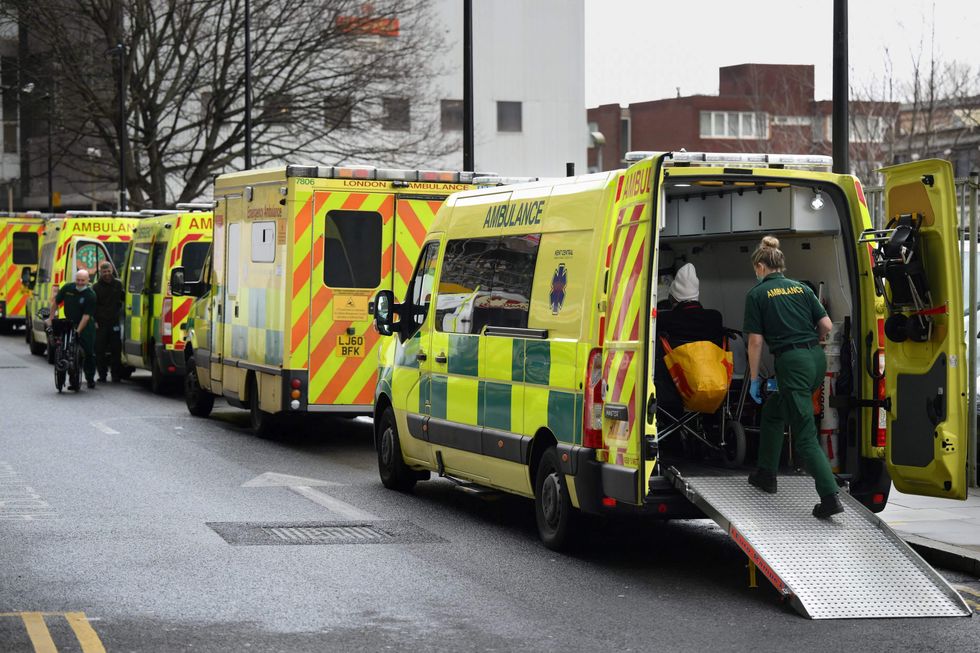AHEAD of world malaria day on Thursday (25), the health security agency has urged travelers to take precautions to minimise the risk of the disease as cases have been confirmed in individuals who recently returned from overseas.
Data from the UK health security agency (UKHSA) showed an increase in malaria diagnosed in England, Wales and Northern Ireland, with reported cases exceeding 2,000 for the first time since 2001.
There were 2,004 cases of malaria confirmed last year following travel abroad, compared to 1,369 in 2022.
Travellers should consult their GP, pharmacist, or travel clinic 4 to 6 weeks before their trip for individual advice and malaria prevention tablets if necessary, UKHSA said.
They are reminded to seek and follow travel advice for their destination, which may include antimalarials and mosquito bite avoidance measures.
According to WHO, global malaria cases were estimated at 249 million in 2022, surpassing pre-pandemic levels by 16 million compared to 2019.
Malaria is caused by a parasite that can be passed to humans by mosquitoes. Symptoms can be non-specific and flu-like including fever, headache, fatigue, abdominal discomfort and muscle aches.
Prof Peter Chiodini, director of the UKHSA Malaria Reference Laboratory, said, “All malaria cases are preventable and simple steps like using insect repellent, covering exposed skin, sleeping under treated bed nets and taking malaria prevention tablets can lower infection risks.
“While malaria can affect anyone, the majority of Plasmodium falciparum malaria cases in the UK occur in those of African background. Even if you have visited or lived in a country before, you will not have the same protection against infections as local people and are still at risk.
"We are working in partnership with communities at greater risk to improve their access to and use of effective malaria prevention measures.”
Dr Dipti Patel, director of the National Travel Health Network and Centre, said, “If you are making plans to travel abroad this year, please take a moment to prioritise your health and plan ahead. Check the relevant country information pages on our website, TravelHealthPro, and ideally speak to your GP or a travel health clinic 4-6 weeks ahead of travelling to ensure you have had all the necessary vaccinations and advice you need to ensure your trip is a happy and healthy one.”





















 'Sorting out the lack of social care in the community needs to be a priority'
'Sorting out the lack of social care in the community needs to be a priority'